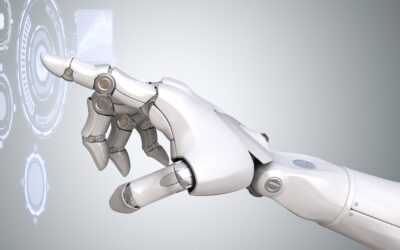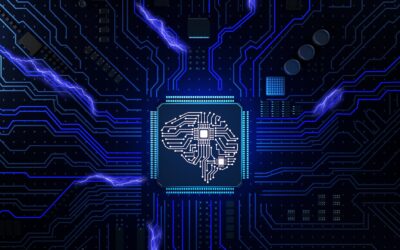Late last year, when OpenAI introduced ChatGPT, industry observers responded with both praise and worry. We heard how the technology can abolish computer programmers, teachers, financial traders and analysts, graphic designers, and artists. Fearing that AI will kill the college essay, universities rushed to revise curricula. Perhaps the most immediate impact, some said, was that ChatGPT could reinvent or even replace the traditional internet search engine. Search and the related ads bring in the vast majority of Google’s revenue. Will chatbots kill Google?
ChatGPT is a remarkable demonstration of machine learning technology, but it is barely viable as a standalone service. To appropriate its technological prowess, OpenAI needed a partner. So we weren’t surprised when the company quickly announced a deal with Microsoft. The union of the AI startup and the legacy tech company may finally pose a credible threat to Google’s dominance, upping the stakes in the “AI arms race.” It also offers a lesson in the forces that will dictate which companies will thrive and which will falter in deploying this technology.
Read more here.
Harvard Business Publishing (HBP) was founded in 1994 as a not-for-profit, wholly-owned subsidiary of Harvard University, reporting into Harvard Business School. Our mission is to improve the practice of management in a changing world. This mission influences how we approach what we do here and what we believe is important.




